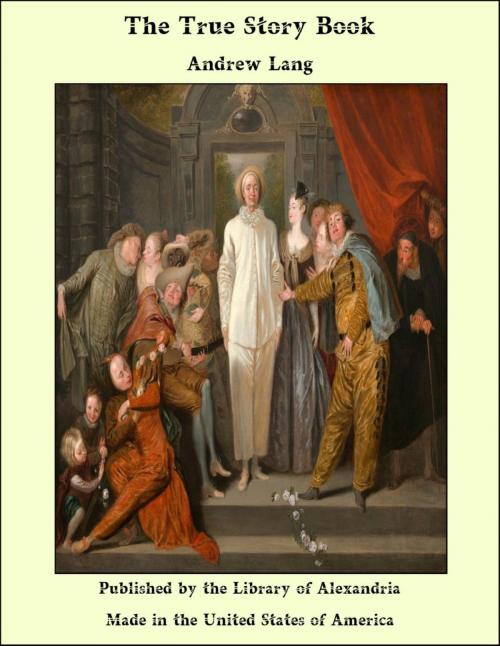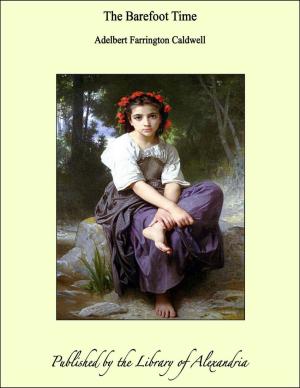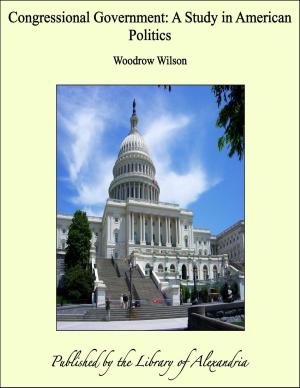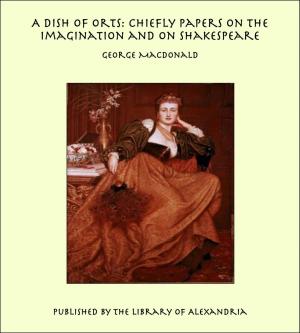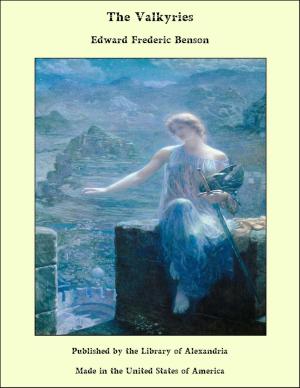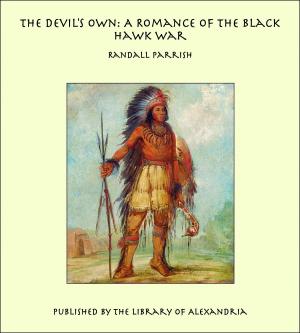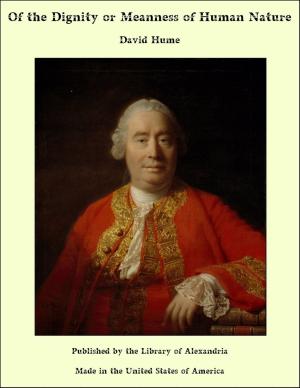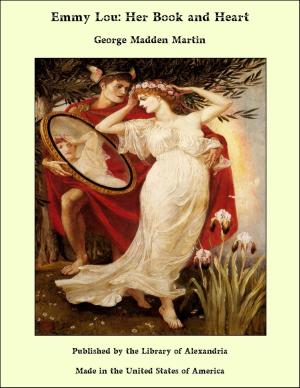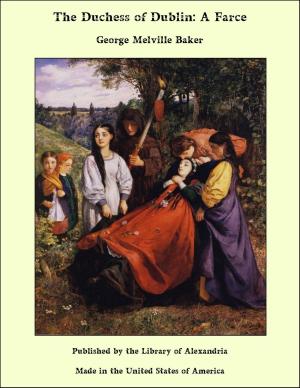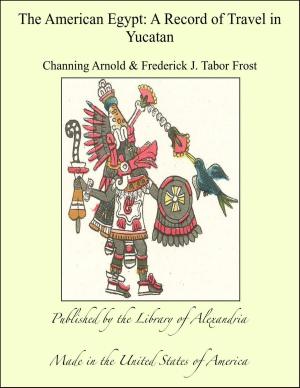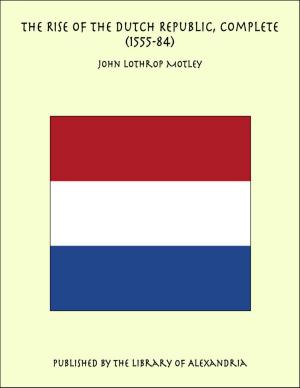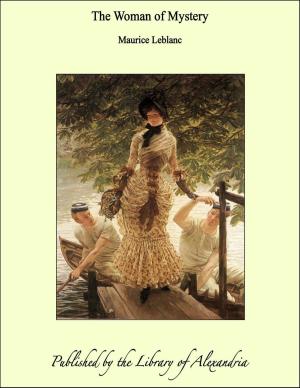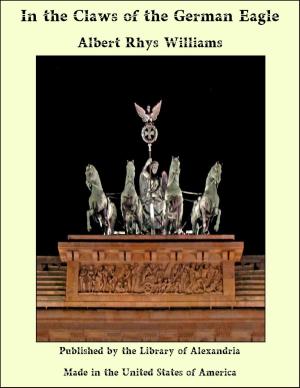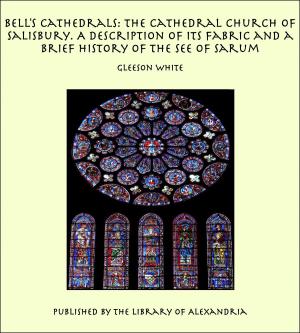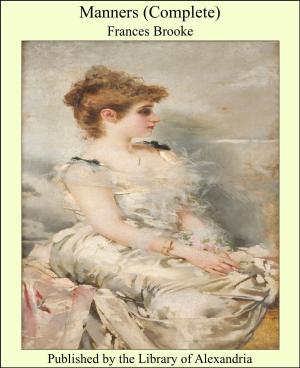| Author: | Andrew Lang | ISBN: | 9781465601230 |
| Publisher: | Library of Alexandria | Publication: | March 8, 2015 |
| Imprint: | Language: | English |
| Author: | Andrew Lang |
| ISBN: | 9781465601230 |
| Publisher: | Library of Alexandria |
| Publication: | March 8, 2015 |
| Imprint: | |
| Language: | English |
It is not without diffidence that the editor offers The True Story Book to children. We have now given them three fairy books, and their very kind and flattering letters to the editor prove, not only that they like the three fairy books, but that they clamour for more. What disappointment, then, to receive a volume full of adventures which actually happened to real people! There is not a dragon in the collection, nor even a giant; witches, here, play no part, and almost all the characters are grown up. On the other hand, if we have no fairies, we have princes in plenty, and a sweeter young prince than Tearlach (as far as this part of his story goes) the editor flatters himself that you shall nowhere find, not in Grimm, or Dasent, or Perrault. Still, it cannot be denied that true stories are not so good as fairy tales. They do not always end happily, and, what is worse, they do remind a young student of lessons and schoolrooms. A child may fear that he is being taught under a specious pretence of diversion, and that learning is being thrust on him under the disguise of entertainment. Prince Charlie and Cortés may be asked about in examinations, whereas no examiner has hitherto set questions on 'Blue Beard,' or 'Heart of Ice,' or 'The Red Etin of Ireland.' There is, to be honest, no way of getting over this difficulty. But the editor vows that he does not mean to teach anybody, and he has tried to mix the stories up so much that no clear and consecutive view of history can possibly be obtained from them; moreover, when history does come in, it is not the kind of history favoured most by examiners. They seldom set questions on the conquest of Mexico, for example.
It is not without diffidence that the editor offers The True Story Book to children. We have now given them three fairy books, and their very kind and flattering letters to the editor prove, not only that they like the three fairy books, but that they clamour for more. What disappointment, then, to receive a volume full of adventures which actually happened to real people! There is not a dragon in the collection, nor even a giant; witches, here, play no part, and almost all the characters are grown up. On the other hand, if we have no fairies, we have princes in plenty, and a sweeter young prince than Tearlach (as far as this part of his story goes) the editor flatters himself that you shall nowhere find, not in Grimm, or Dasent, or Perrault. Still, it cannot be denied that true stories are not so good as fairy tales. They do not always end happily, and, what is worse, they do remind a young student of lessons and schoolrooms. A child may fear that he is being taught under a specious pretence of diversion, and that learning is being thrust on him under the disguise of entertainment. Prince Charlie and Cortés may be asked about in examinations, whereas no examiner has hitherto set questions on 'Blue Beard,' or 'Heart of Ice,' or 'The Red Etin of Ireland.' There is, to be honest, no way of getting over this difficulty. But the editor vows that he does not mean to teach anybody, and he has tried to mix the stories up so much that no clear and consecutive view of history can possibly be obtained from them; moreover, when history does come in, it is not the kind of history favoured most by examiners. They seldom set questions on the conquest of Mexico, for example.
